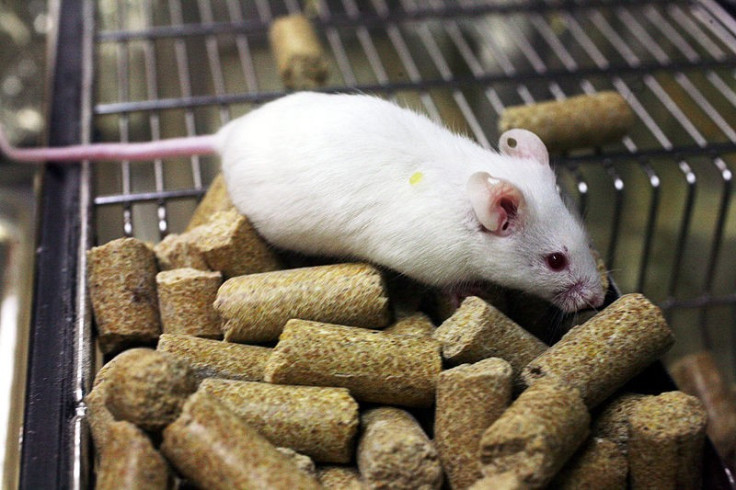Animal use in research up in the US by 73% says Peta

The number of animals used in leading US laboratories increased by a staggering 73% from 1997 to 2012 despite regulations and industry claims to the contrary, according to a new study by Peta.
While use of cats, dogs, primates and other large mammals stayed the same or decreased slightly over the 15-year period, a dramatic rise in the use of mice accounted for a 72.7% increase in overall animal use.
The rise in their use in research is probably due to animal-intensive genetic modification experiments.
These species are not protected under the Animal Welfare Act governing the treatment of animals used in experiments and therefore are excluded from the law's reporting requirements.
Peta's new study found that these unregulated species comprise 98.8% of animals in laboratories.
"Despite new research technology, evidence that animal experiments often don't faithfully translate to humans, and the fact that a growing majority of the public opposes experiments on animals, laboratories are abusing more animals than ever before," says Peta Director of Laboratory Investigations Justin Goodman.
The study is the first ever to document figures on the use of mice, rats, birds, fish, reptiles and amphibians in US laboratories and is published in the Journal of Medical Ethics.
For the analysis, Peta researchers used the Freedom of Information Act to obtain unpublished data on the use of all vertebrate animals in laboratories that are top 25 recipients of grants from the National Institutes of Health (NIH) -- including Harvard University, Yale University, Columbia University, the University of California-San Francisco, the University of Wisconsin-Madison and Johns Hopkins University.
All NIH-funded research with animals is reviewed to ensure that the science is highly meritorious, and the welfare of the animals is protected.
However, mice and fish do not come under this bracket. Research using vertebrate species must be monitored and approved by an official Institutional Animal Care and Use Committee.
In defence, research groups say that the scale of animal research is growing simply because scientific progress is cumulative. One discovery often enables multiple other lines of work.
Quoting recent statistics from the UK, one such site Speakingofresearch says animal research increasingly involves refined techniques that produce minimised harm to the subjects and reduced numbers of animals per study. In fact, animal research has directly led to the ability to replace animals in some types of studies, altogether, it contends.
Modern methods urged
Peta has been demanding the use of modern methods that employ human cells and tissues, computer-modelling techniques and studies with human volunteers.
These and other non-animal methods are not hindered by species differences that make applying animal test results to humans difficult or impossible, and they usually take less time and money to complete, it notes.
While mice models are the most common in many studies, various research papers suggest that as gene regulation machinery and networks are similar in mouse and man, there is a lot of difference in the details.
Peta and its affiliates fund the development of many of these non-animal methods.
It has also been fighting to stop the use of primates like chimpanzees in research arguing that these are social animals and should not be kept in captivity.
The US is the only nation in the world, other than Gabon, that continues to conduct invasive experiments on chimpanzees. While the National Institutes of Health announced in 2013 that it would begin the process of retiring most of its chimps to sanctuaries, hundreds of chimps are still being held for medical experimentation, many of them old and intentionally infected with HIV or hepatitis.
Only six of the 310 research chimps have been allowed to leave government research facilities.
Interestingly, a group called Wise and the Nonhuman Rights Project in the US filed writs of habeas corpus on behalf of chimps Tommy and Kiko held in captivity seeking legal rights for the animals.
It contended that chimpanzees are deeply self-aware and self-determined, capable not only of pleasure and suffering, but of anticipating the future, remembering the past and making conscious choices about their lives.
The court decision is pending and will be a landmark for animal rights.
© Copyright IBTimes 2025. All rights reserved.





















